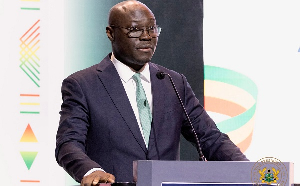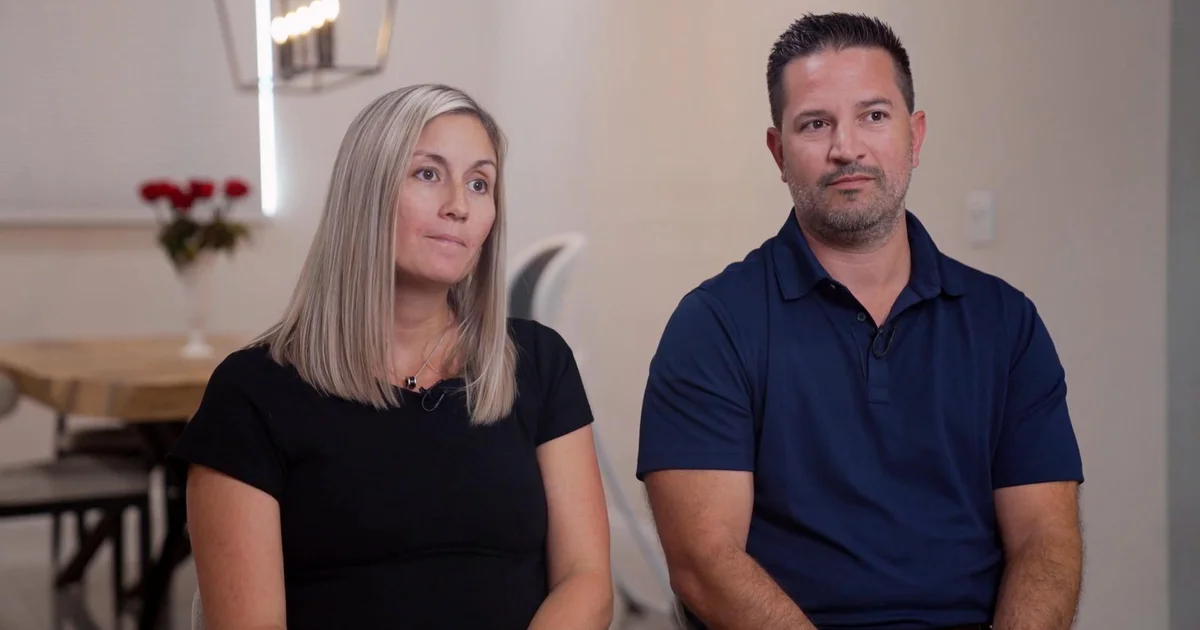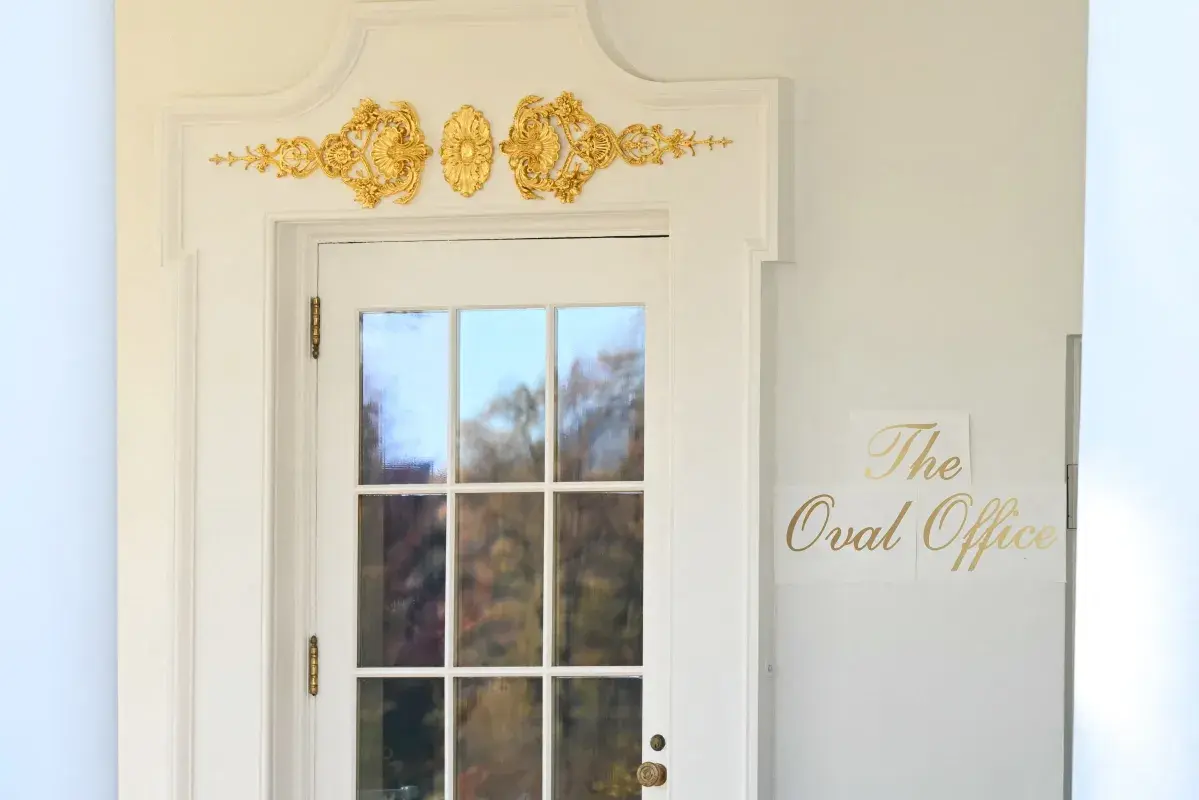Copyright ghanamma

As the Minister of Finance, Dr Cassiel Ato Forson, prepares for the 2026 budget reading in Parliament, the Food and Beverages Association of Ghana (FABAG) has outlined seven critical expectations it hopes will be addressed to ease the burden on businesses in the sector. In a press statement sighted by GhanaWeb Business, the Executive Chairman of FABAG, John Awuni, lamented the growing challenges facing manufacturers, warning that persistent fiscal and regulatory pressures continue to erode industry gains. He urged the government to review the multiple levies imposed on businesses, including the COVID-19 levy and excise duties, which he said are stifling growth and competitiveness. FABAG also said the exchange rate stability and inflation control may lead to predictable production costs, which are vital to restoring investor confidence and sustaining operations. With the budget presentation scheduled for Thursday, November 13, 2025, the association is calling for bold, business-friendly reforms to support industrial recovery and rebuild trust among manufacturers. Cedi opens November trading at GH¢10.90 to $1 Here are FABAG’s seven key demands: Reduction in Nuisance Taxes: FABAG called for a review of multiple levies, including the COVID-19 levy, excise duties, the Environmental Excise (Producer Responsibility) tax, container fumigation fees, and other regulatory charges. The Association urged targeted tax reliefs for local producers and SMEs to spur investment and job creation. Foreign Exchange Stability and Inflation Management: FABAG emphasised that exchange rate stability and inflation control are essential to keeping production costs predictable and restoring investor confidence. Support for Local Manufacturing and Value Addition: The group wants the budget to include clear incentives, affordable credit, and energy cost reductions for manufacturers, to boost productivity and exports. Halt on New Taxes and Levies: FABAG warned against introducing new taxes in 2026, arguing that the business community is already overburdened. Instead, it urges improved revenue collection efficiency and a wider tax net. GH¢22.6billion in tax revenue lost to phantom imports over 5 years – Report Streamlined Regulation: The association is calling for better coordination among regulatory agencies such as the GRA, FDA, and GSA to eliminate duplication and reduce bureaucratic costs. Incentives for Sustainable Practices: FABAG encouraged the introduction of tax rebates or grants for companies adopting eco-friendly packaging and production methods, rather than imposing new environmental taxes. Promotion of Investment and Job Creation: The group also called for measures to attract local and foreign investment into agro-processing and manufacturing, drive value addition, and create decent employment opportunities. FABAG believes that a pragmatic and growth-oriented budget will stimulate investment, strengthen production capacity, while enhancing Ghana’s position as a manufacturing and trade hub in West Africa. All you need to know about Ghana’s new vehicle number plates |BizTech



